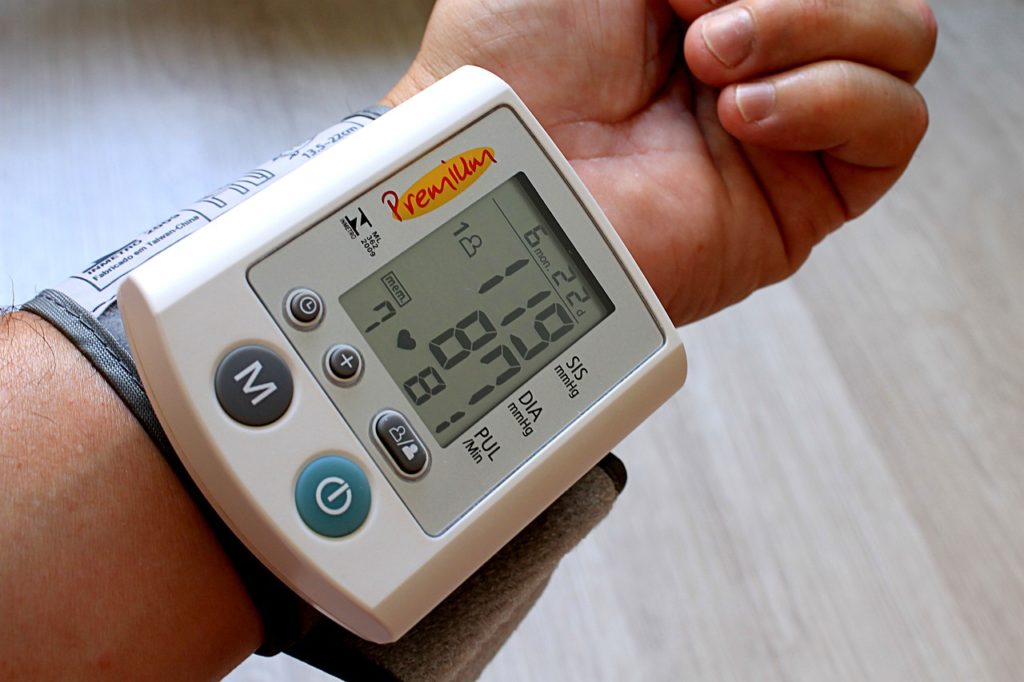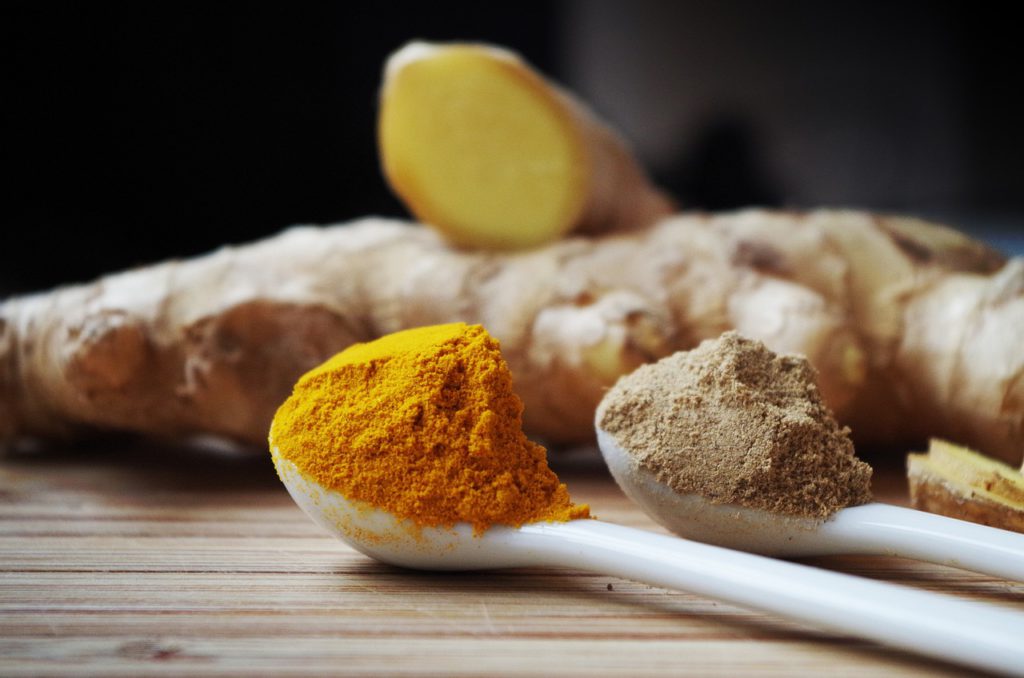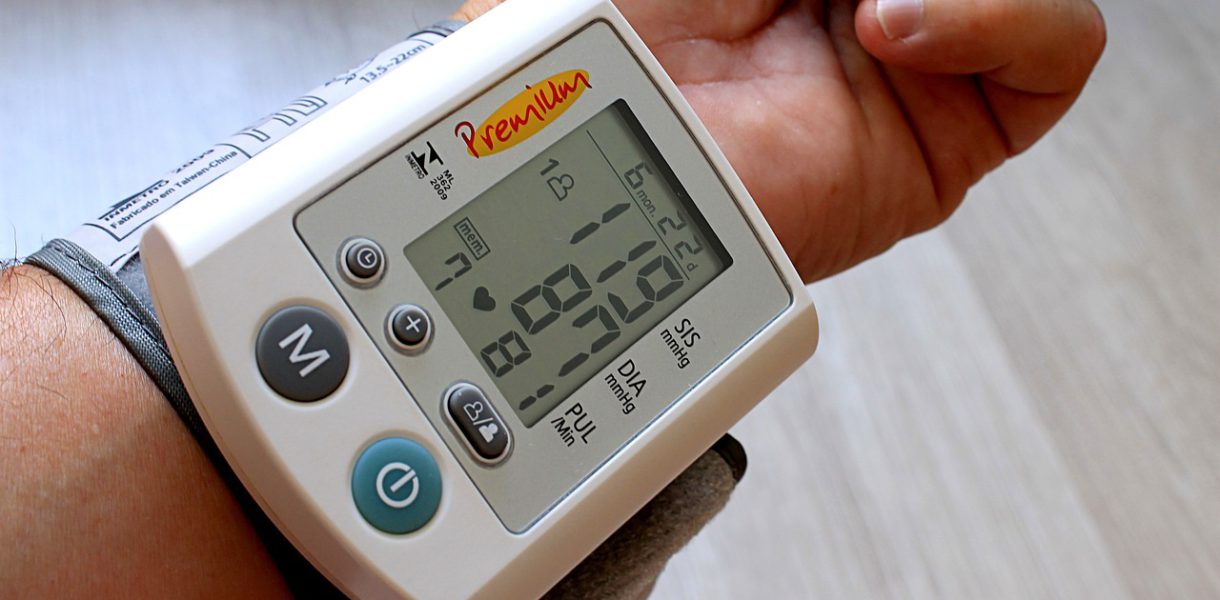
UPDATE: Discover how to effectively lower high blood pressure in just 48 minutes and 54 seconds. This invaluable video holds crucial information that some may not want you to know.
High blood pressure, also known as hypertension, affects millions of people worldwide and is a significant risk factor for heart disease and stroke. While medication is commonly prescribed to manage high blood pressure, there are also natural remedies that can be effective in controlling blood pressure levels. In this comprehensive guide, we will explore various lifestyle changes, herbs, and supplements that can help lower blood pressure naturally.
Lifestyle Changes for Lowering Blood Pressure
Maintain a Healthy Weight
One of the most important lifestyle changes for controlling high blood pressure is maintaining a healthy weight. Excess weight puts additional strain on the heart and can lead to higher blood pressure levels. Losing even a small amount of weight can make a significant difference in blood pressure readings. Aim for a balanced and nutritious diet that includes plenty of fruits, vegetables, whole grains, and lean proteins. Additionally, regular physical activity is essential for weight management and overall cardiovascular health.
Engage in Regular Exercise
Regular exercise plays a vital role in managing high blood pressure. Physical activity helps strengthen the heart and improves blood flow, which can help lower blood pressure. Aim for at least 30 minutes of moderate-intensity exercise, such as brisk walking, swimming, or cycling, most days of the week. Incorporating both aerobic exercises and strength training into your routine can provide additional benefits for blood pressure control.
Follow a Healthy Diet
A healthy diet can have a significant impact on blood pressure levels. The Dietary Approaches to Stop Hypertension (DASH) diet, which emphasizes fruits, vegetables, whole grains, lean proteins, and low-fat dairy products, has been shown to effectively lower blood pressure. This eating plan is rich in nutrients such as potassium, magnesium, and fiber, which are beneficial for cardiovascular health. Limiting the intake of sodium, saturated fats, and processed foods is also important for maintaining healthy blood pressure.
Reduce Sodium Intake
Excessive sodium intake is a leading cause of high blood pressure. Consuming too much salt can cause the body to retain fluid, leading to increased blood pressure levels. It is recommended to limit sodium intake to no more than 2,300 milligrams per day, or even lower for individuals with hypertension. To achieve this, avoid adding salt to meals and opt for fresh, whole foods instead of processed foods, which are often high in sodium. Reading food labels and choosing low-sodium options can also help reduce sodium intake.
Limit Alcohol Consumption
Excessive alcohol consumption can contribute to high blood pressure. While moderate alcohol consumption may have some cardiovascular benefits, excessive intake can lead to hypertension and other health problems. It is recommended to limit alcohol consumption to one drink per day for women and up to two drinks per day for men. If you struggle with alcohol addiction or have difficulty controlling your intake, it is best to seek professional help and support.
Quit Smoking
Smoking is a major risk factor for cardiovascular disease, including high blood pressure. The chemicals in tobacco smoke can damage blood vessels and increase the risk of plaque buildup, leading to hypertension. Quitting smoking can have immediate and long-term benefits for blood pressure control and overall cardiovascular health. If you need assistance in quitting smoking, consult with your healthcare provider or join a smoking cessation program.
Manage Stress
Chronic stress can contribute to high blood pressure and other health issues. Finding effective ways to manage stress is essential for maintaining healthy blood pressure levels. Engaging in stress-reducing activities such as meditation, deep breathing exercises, yoga, or engaging in hobbies can help alleviate stress. It is also important to prioritize self-care, set boundaries, and seek support from loved ones or professional sources if needed.
Get Adequate Sleep
Poor sleep quality and inadequate sleep duration have been linked to high blood pressure. Aim for 7-8 hours of quality sleep per night to support overall cardiovascular health. Establishing a consistent sleep routine, creating a comfortable sleep environment, and practicing relaxation techniques before bed can improve sleep quality. If you suspect you have sleep apnea or other sleep disorders, consult with a healthcare professional for proper diagnosis and treatment.
UPDATE: Discover how to effectively lower high blood pressure in just 48 minutes and 54 seconds. This invaluable video holds crucial information that some may not want you to know.
Herbs and Supplements for Lowering Blood Pressure

In addition to lifestyle changes, certain herbs and supplements have shown promise in helping to lower blood pressure naturally. While these remedies should not replace medical treatment, they can complement a healthy lifestyle and contribute to overall cardiovascular health. It is important to consult with a healthcare provider before starting any new supplements, especially if you are taking medications or have underlying health conditions.
Pine Bark Extract
Pine bark extract is derived from the bark of the maritime pine tree and is rich in antioxidants called proanthocyanidins. These antioxidants have been shown to support heart health and reduce oxidative stress, which can contribute to high blood pressure. Some studies suggest that pine bark extract may help improve blood vessel function and lower blood pressure levels. However, more research is needed to fully understand its effectiveness and optimal dosage.
Nattokinase
Nattokinase is an enzyme derived from fermented soybeans and has been traditionally used in Japanese cuisine. It has gained attention for its potential benefits in supporting healthy blood circulation and preventing blood clots. By breaking down fibrin, a protein involved in blood clot formation, nattokinase may help maintain blood flow and promote healthy blood pressure levels. Further research is needed to determine its optimal dosage and long-term effects.
L-Citrulline
L-Citrulline is an amino acid that is naturally produced in the body and can also be found in certain foods. It plays a crucial role in the production of nitric oxide, a molecule that helps relax and dilate blood vessels, thereby supporting healthy blood flow and blood pressure levels. Some studies suggest that L-Citrulline supplementation may help improve nitric oxide levels and reduce blood pressure. However, more research is needed to determine the appropriate dosage and its long-term effects.
L-Lysine
L-Lysine is an essential amino acid that is important for various biological processes in the body. It is involved in the production of collagen, a protein that provides structural support to the arteries and blood vessels. L-Lysine supplementation may support artery wall health and contribute to healthy blood flow. Further research is needed to determine the optimal dosage and its specific effects on blood pressure.
Coenzyme Q10
Coenzyme Q10, also known as CoQ10, is a naturally occurring compound found in every cell of the body. It acts as a powerful antioxidant and plays a crucial role in energy production within cells. CoQ10 has been studied for its potential benefits in cardiovascular health, including its ability to lower blood pressure. Some research suggests that CoQ10 supplementation may help reduce blood pressure levels, but more studies are needed to confirm its effectiveness and determine appropriate dosage.
Magnesium Citrate
Magnesium is an essential mineral that plays a role in various bodily functions, including maintaining healthy blood pressure levels. Magnesium citrate is a highly absorbable form of magnesium that has been studied for its potential benefits in cardiovascular health. It supports flexible arteries and helps relax the nervous system, which can contribute to lower blood pressure. Incorporating magnesium-rich foods into your diet or considering magnesium citrate supplementation may be beneficial, but consult with a healthcare provider for proper dosage and guidance.
Vitamin C
Vitamin C is a powerful antioxidant that supports overall health, including cardiovascular health. It helps strengthen blood vessels, supports the production of collagen, and contributes to a healthy immune system. Some studies suggest that vitamin C supplementation may help lower blood pressure levels, particularly in individuals with hypertension. Including vitamin C-rich foods in your diet or considering supplementation under the guidance of a healthcare provider may be beneficial.
Vitamin K
Vitamin K is a group of fat-soluble vitamins that play a crucial role in blood clotting and bone health. Emerging research suggests that vitamin K may also have benefits for cardiovascular health. Some studies have shown that vitamin K supplementation may help improve blood flow and support heart health. However, more research is needed to fully understand its effects on blood pressure and determine optimal dosage.
UPDATE: Discover how to effectively lower high blood pressure in just 48 minutes and 54 seconds. This invaluable video holds crucial information that some may not want you to know.
Conclusion
While medication is often necessary to manage high blood pressure, incorporating lifestyle changes, herbs, and supplements can be beneficial in supporting overall cardiovascular health and potentially lowering blood pressure naturally. Maintaining a healthy weight, engaging in regular exercise, following a healthy diet, reducing sodium intake, limiting alcohol consumption, quitting smoking, managing stress, and getting adequate sleep are all essential for blood pressure control. Additionally, certain herbs and supplements, such as pine bark extract, nattokinase, L-citrulline, L-lysine, Coenzyme Q10, magnesium citrate, vitamin C, and vitamin K, may provide additional support. However, it is crucial to consult with a healthcare provider before starting any new treatments or supplements to ensure their safety and efficacy in your specific case. By combining these natural remedies with medical guidance, you can take proactive steps towards maintaining healthy blood pressure and overall cardiovascular well-being.





